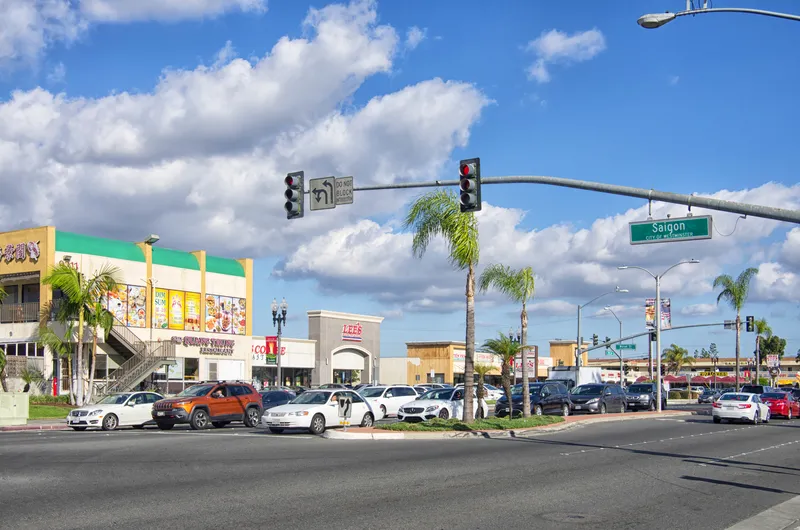Copenhagen has been hailed as the most ‘vital’ city in a new study as a result of its strong sustainability, cycling and mobility credentials.
The Future Spaces Foundation’s study, Vital Cities: Transport Systems Scorecard, an interactive data hub, awards connectivity ratings to twelve cities across the world.
The research looks at key factors that make cities thrive, for example breathability, bike and foot networks, use of data and apps, ranking each city based on its performance across more than 30
May 11, 2016
Read time: 2 mins
Copenhagen has been hailed as the most ‘vital’ city in a new study as a result of its strong sustainability, cycling and mobility credentials.
The Future Spaces Foundation’s study, Vital Cities: Transport Systems Scorecard, an interactive data hub, awards connectivity ratings to twelve cities across the world.
The research looks at key factors that make cities thrive, for example breathability, bike and foot networks, use of data and apps, ranking each city based on its performance across more than 30 individual measures. Based on a mix of qualitative assessments, such as the strength of electric vehicle policies and hard data, such as the density of transit networks, the scorecard aggregates each individual score to award an overall A-F grade.
The Foundation undertook the research in order to assess how transport infrastructure can facilitate vitality within high density cities; as well as to identify how improved connectivity can allow for sustainable growth for future generations.
The chosen 12 cities were grouped into four categories; Global Cities (London, New York, Hong Kong); Mega Cities (Beijing, Mumbai, Sao Paulo); Green Cities (Copenhagen, Singapore, Vancouver); and Car Cities (Dubai, Houston, Kuala Lumpur).
Whilst no city scored a perfect A+ overall, Copenhagen, with its first-class record for sustainability, safety and mobility, topped the scorecard with an impressive B+ score. Long-term investment and an ability to adapt to the ever-growing consumer demand for real-time information with innovative data policies helped Global Cities to gain pace with Copenhagen.
In the meantime, Car Cities lagged behind the rest due to their poor efforts to curb car use and promote vehicle-sharing, walking and cycling, all receiving a D or D- grade overall.
As Mega Cities continue to boom, propelled by industrialisation and mass migration from rural areas, low incomes and rapidly rising populations proved to be particular challenges to improving networks and ensuring that basic infrastructure meets demands in these cities.
However, innovative new uses of data and apps to improve connectivity in a cost-effective way are helping these cities to gain pace with global competitors.
The Future Spaces Foundation’s study, Vital Cities: Transport Systems Scorecard, an interactive data hub, awards connectivity ratings to twelve cities across the world.
The research looks at key factors that make cities thrive, for example breathability, bike and foot networks, use of data and apps, ranking each city based on its performance across more than 30 individual measures. Based on a mix of qualitative assessments, such as the strength of electric vehicle policies and hard data, such as the density of transit networks, the scorecard aggregates each individual score to award an overall A-F grade.
The Foundation undertook the research in order to assess how transport infrastructure can facilitate vitality within high density cities; as well as to identify how improved connectivity can allow for sustainable growth for future generations.
The chosen 12 cities were grouped into four categories; Global Cities (London, New York, Hong Kong); Mega Cities (Beijing, Mumbai, Sao Paulo); Green Cities (Copenhagen, Singapore, Vancouver); and Car Cities (Dubai, Houston, Kuala Lumpur).
Whilst no city scored a perfect A+ overall, Copenhagen, with its first-class record for sustainability, safety and mobility, topped the scorecard with an impressive B+ score. Long-term investment and an ability to adapt to the ever-growing consumer demand for real-time information with innovative data policies helped Global Cities to gain pace with Copenhagen.
In the meantime, Car Cities lagged behind the rest due to their poor efforts to curb car use and promote vehicle-sharing, walking and cycling, all receiving a D or D- grade overall.
As Mega Cities continue to boom, propelled by industrialisation and mass migration from rural areas, low incomes and rapidly rising populations proved to be particular challenges to improving networks and ensuring that basic infrastructure meets demands in these cities.
However, innovative new uses of data and apps to improve connectivity in a cost-effective way are helping these cities to gain pace with global competitors.










